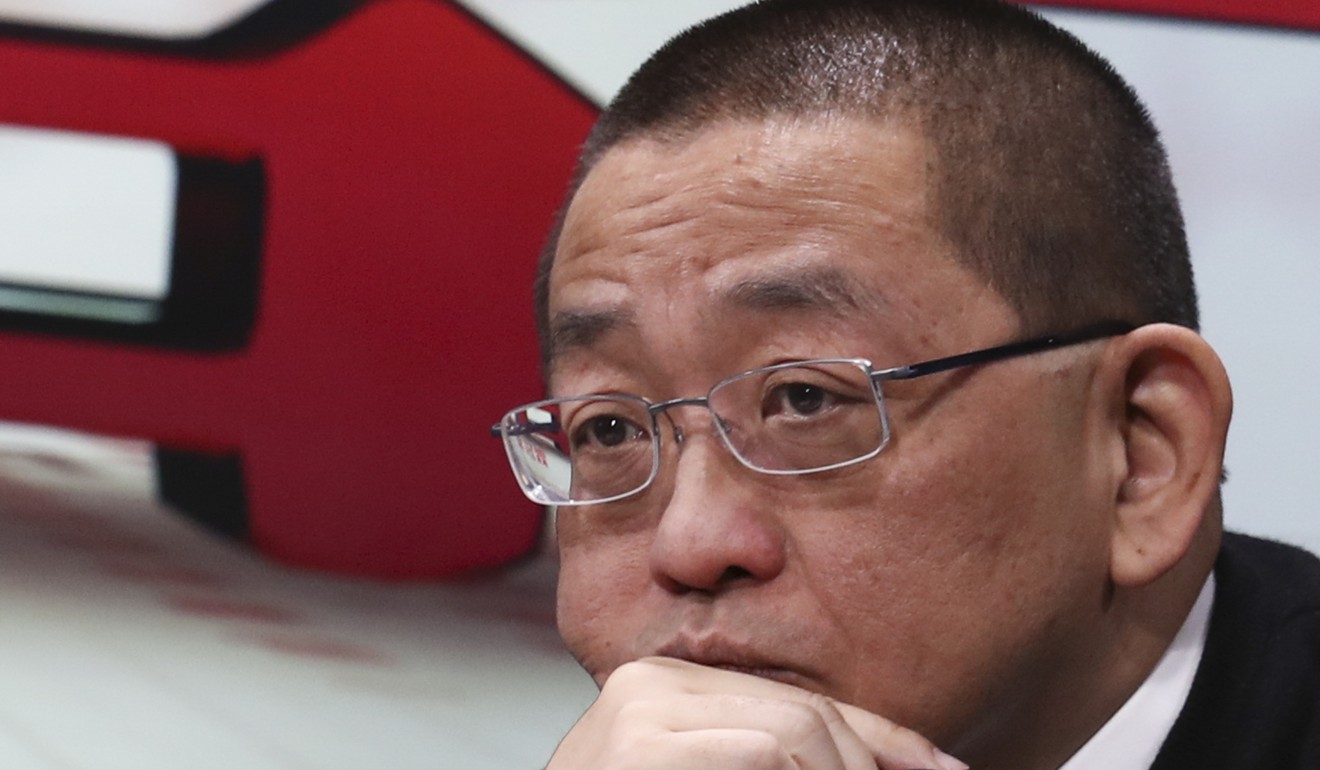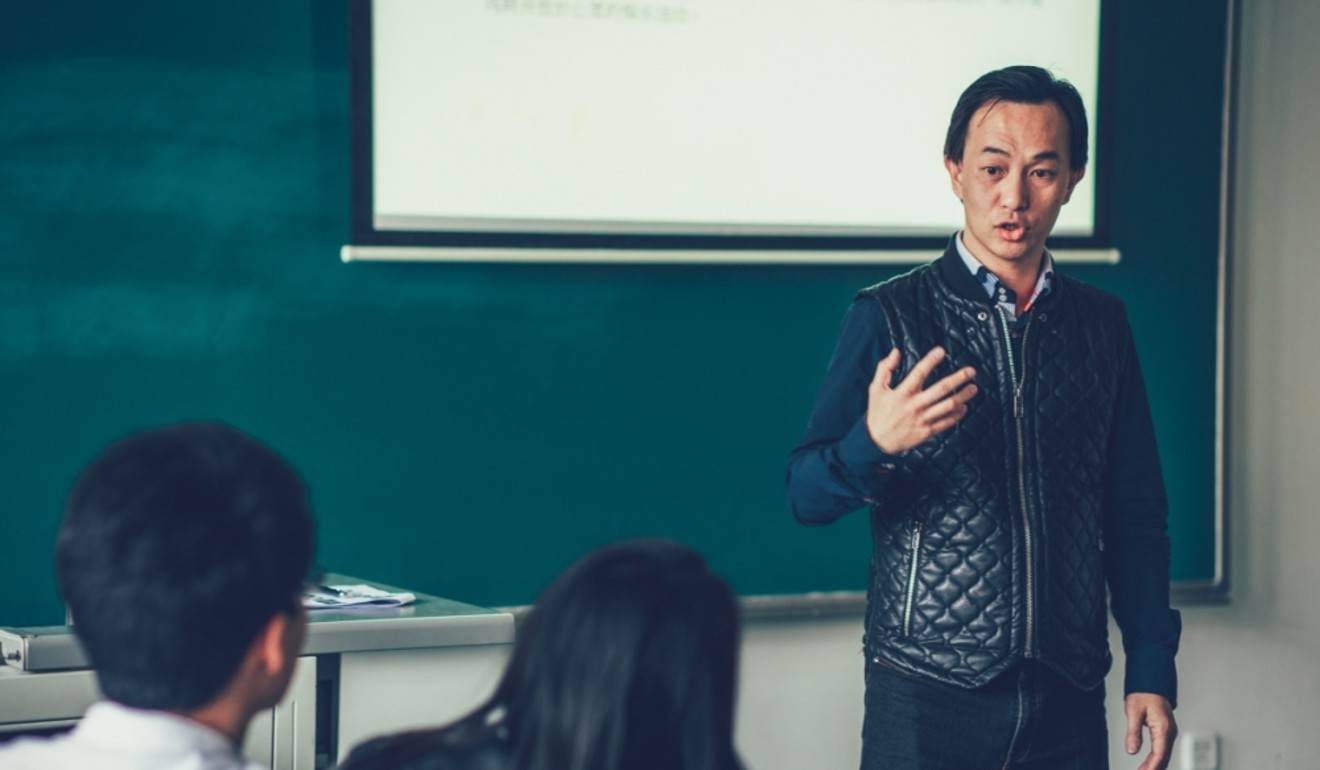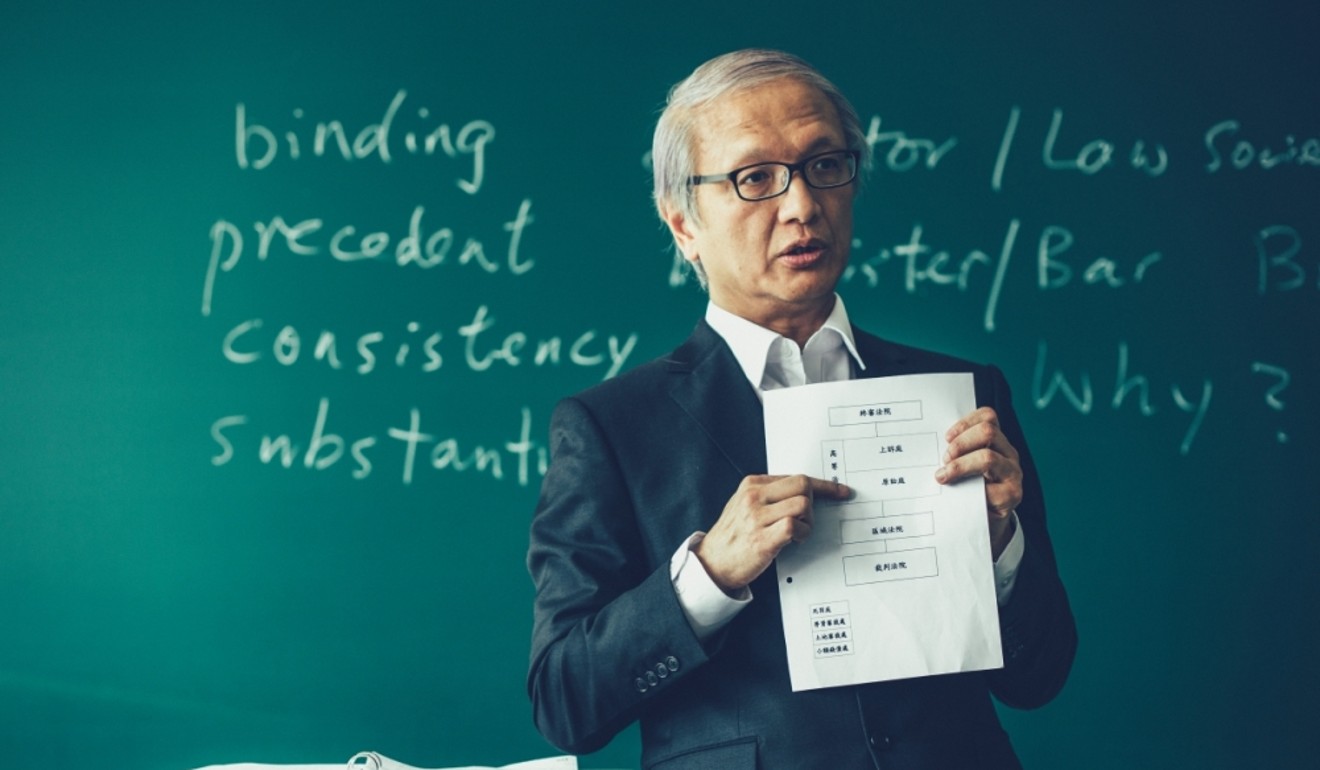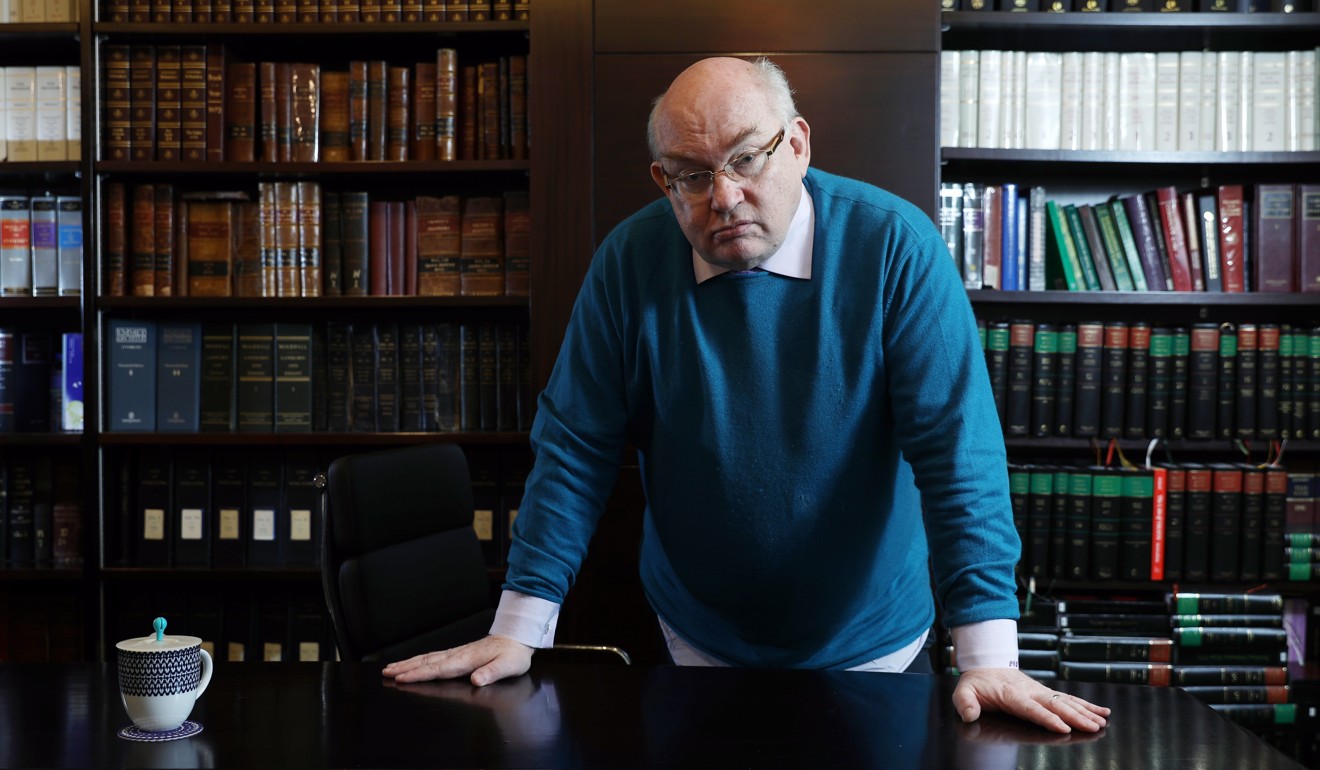
Hong Kong Bar Association open to restarting Peking University course but only if school says why two human rights lawyers were barred from teaching
Body prepared to negotiate with Peking University on resuming common law programme suspended in row over barring of two instructors
Hong Kong’s Bar Association says it is open to resuming – under certain conditions – a law course it jointly ran with a top mainland Chinese university, after suspending the programme when two human rights lawyers from the city were barred from teaching it in Beijing.
The association – the city’s top legal professional body – is prepared to negotiate with Peking University any time before next January, when the curriculum is usually set, according to Erik Shum Sze-man, a member of the body’s executive committee, the Bar Council.
However, that would only happen if the university came clean on why it asked for two instructors, barristers Hectar Pun and Cheung Yiu-leung, to be replaced earlier this year, he said.

The Bar Council responded to the university’s move by indefinitely suspending the common law course from August onwards. The month-long programme had run annually since 2011 and was offered to Peking University law school undergraduates and postgraduates.
“The ball is in their court,” Shum said on former lawmaker Emily Lau Wai-hing’s online OurTV show on Monday.
Beijing university bars Hong Kong human rights lawyers from teaching
“If [the university] comes back to us with formal communication, a letter or email, so we can start negotiating the course’s revival, we’d welcome that – but as of today, nothing has happened.”
Another key factor, he added, was respect for the convention that the association chose who taught the course, which cost it HK$400,000 (US$51,280) annually.

“For the past seven years, we have been choosing our own instructors, Peking University never expressed any comments before,” he said.
“Maybe we could talk about Peking University having a say on the teachers, we could talk about that mechanism later, but they should not single-handedly stop barristers from teaching.”
Will the new Bar Association leaders make inroads with Beijing?
Shum said a separate course on arbitration, which would continue despite the spat, was “to show bridges were not being burned for future discussions” on cooperation.
Association chairman Philip Dykes also extended an olive branch – albeit with a cautious reminder.

Dykes also stressed, as reported by the Post, that “no objection was made to the content of the particular course to be taught, only the teachers”.
Shum also revealed the university’s request came on April 23, two weeks before Pun and Cheung, vice-chairman of the China Human Rights Lawyers Concern Group, went to Beijing.
Bar Association is now a de facto political party
The controversy escalated when Dykes, who was to attend a closing ceremony for the course and also wanted to find out about the ban on the pair, was told by Peking University not to visit.
Peking University law professor Jiang Shigong earlier claimed the content of the course was revised every year, while there had been no plans for a closing ceremony this year. On Monday, he said he had nothing to add.
The association will draft a letter to voice its dismay at the incident while formally seeking an explanation from the university.

The pair’s public law module, in particular, was part of a draft memorandum of understanding in 2017 between the association and the university for “adjustment”. The module covered judicial review and civil rights.
Former association chairman Paul Lam Ting-kwok later clarified the memorandum was never signed, but a draft copy was circulated before the university made its request.
Was Hong Kong’s rail line to mainland China worth all the sacrifices?
Shum dismissed claims that under Dykes’ leadership communication with the mainland had halted, and stressed the association had always maintained some formal dialogue with authorities across the border.

